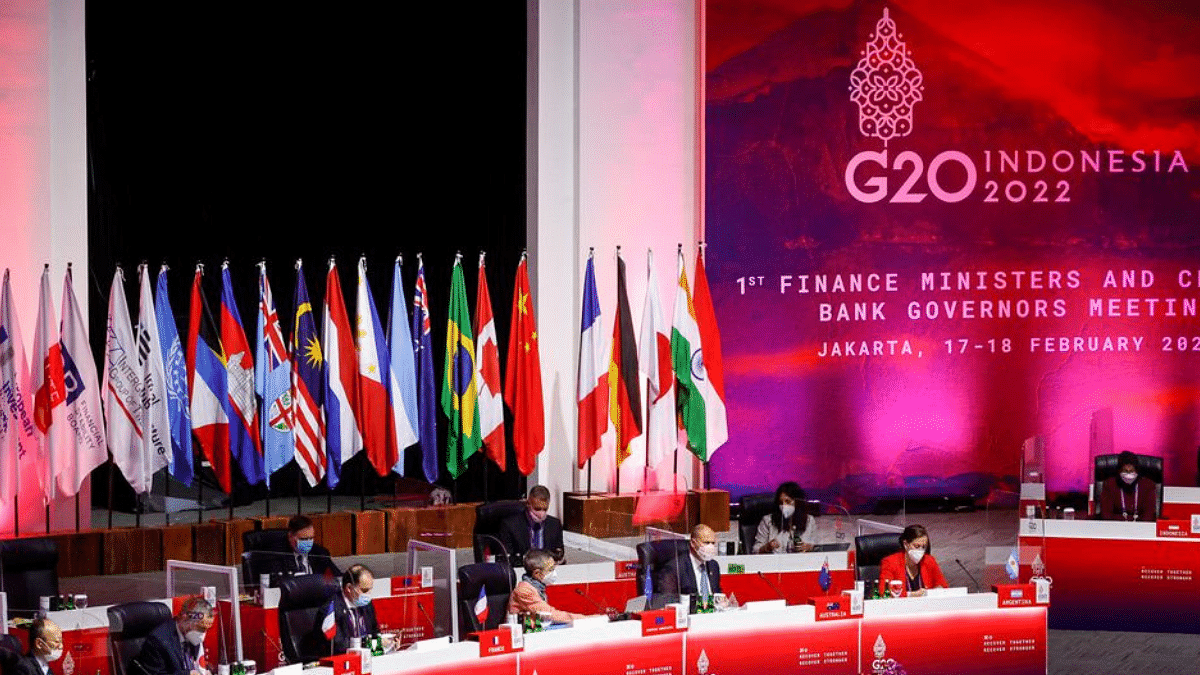
In the world’s most advanced economies, artificial intelligence or AI is ubiquitous, underpinning everything from targeted advertising to precision agriculture to improved health diagnostics. Even in countries where adoption has been more measured, AI still functions as an engine of innovation and offers promising new ways to address long-standing challenges in social and economic development. As a founding member of the Global Partnership on Artificial Intelligence and an early AI adopter, India has shown distinct and significant receptivity to the technology.The past decade or so of AI’s proliferation, however, has made it abundantly clear that it can also lead to far-reaching harms that must be addressed. For example, commercially available facial analysis software has been well-documented to be both racially and gender-biased, which can result in gravely damaging outcomes when these systems are used by law enforcement, leading to the misidentification of individuals. In the United States, widely used health-risk prediction algorithms have been shown to discriminate against Black patients, resulting in vastly disparate standards of care. AI’s data-driven, black-box nature allows it to be an efficient means for laundering bias and sidestepping accountability, sometimes putting this powerful technology at odds with the protection of rights and preservation of rights.
It is reasonable to be concerned that reliance on AI will exacerbate long-standing power asymmetries and patterns of discrimination, and that marginalised, excluded, or oppressed communities will bear the brunt of this harm. These communities exist across the world. However, there is a persistent dearth of perspectives from among those in affected communities – within the so-called Global South – towards shaping the global consensus of the harms that the responsible AI community must contend with. Despite some promising steps forward, global AI governance is being shaped primarily by those in positions of privilege in economically advanced countries even as AI technologies are being deployed in and exported to Global South jurisdictions.
Why India’s leadership is important
India is well-placed to address this challenge. Its role within the G20, and its stated focus on inclusive digital transformation, could allow it to help ensure those who are most actively pushing AI’s evolution and dissemination contend more efficiently with the sometimes-painful realities that are beginning to take shape not only domestically but also worldwide.
Formal declarations of AI principles have been put forward by governments, intergovernmental organisations, corporations, and civil society coalitions. They offer various definitions of responsible AI and prescriptions for how to address relevant risks. In 2019, the G20 adopted AI principles in this vein, drawn from the Organisation for Economic Co-operation and Development (OECD) recommendation on AI. But as India steps into this leadership role, there is an opportunity to prioritise not only the agenda of how these principles are implemented but also by and for whom.
For example, those pushing for human-centred AI often overlook the ‘human supply chain’ that fuels the production of AI tools—those who are carrying out the tedious, underpaid tasks of labelling training data or doing the emotionally taxing and traumatising work of content moderation. “Market-optimised” labour arrangements drive these tasks to those who are willing to carry them out for the least compensation, and often with the least protections in place, leading to outsourcing arrangements that can border on predatory. This upstream human cost is often ignored even when consideration is given to how AI policy can be set to ensure the downstream use of these tools is “human-centred”.
Similarly, the negative climate impacts of AI continue at a staggering pace as energy-consumptive models continue to be pushed to the ‘bleeding edge’. Training a larger AI model even once can rival the lifetime emissions of five cars. With a disproportionate climate burden being carried by those in the Global South, the responsible AI discussion would benefit from considering how to steward the energy consumption of the field more responsibly.
The global AI ecosystem continues to evolve such that the development and use of AI-backed technologies intersects with – and likely even benefits from – power asymmetries at the local, national, or global scale. We cannot, therefore, afford to think that responsible AI can be achieved without greater universal representation from all affected actors.
Also read: Xi’s promotion of technocrats has two goals—compete with US, reduce challenge to his power
G20 is a good opportunity
G20 efforts to promote principled AI could align with more globally representative efforts to do the same. In 2021, United Nations Educational, Scientific and Cultural Organization (UNESCO) formally adopted the Recommendation on the Ethics of Artificial Intelligence. Owing in large part to the global, collaborative approach to developing and deliberating this guidance, this has garnered the commitments from countries not only in the Global North but from all 193 UNESCO member states. The successful implementation of these commitments is still far from a foregone conclusion – including, critically, in India.
Yet the foundation for successful implementation has at least been laid. By prioritising inclusion, representation, and recognising the global interconnectedness that AI depends on, efforts to ground admittedly lofty principles in locally informed, locally led approaches will be better prepared to contend with the wide array of ethical concerns that have begun to arise across the global landscape. Learning alongside UNESCO’s implementation efforts in order to inform a G20 AI principles implementation agenda would help to ensure that the way in which the world’s most advanced economies invest in AI benefits all, not just some, of humanity.
Without considering AI challenges in developing countries, the global response to addressing its harms and equitably reaping its benefits will remain inadequate, leading to a more unequal and divisive future. As India looks to set its G20 agenda, this is an opportune moment to consider how to drive more meaningful input from Global South actors and push the global community toward more responsible, principled AI.
Aubra Anthony is a senior fellow in the Technology and International Affairs Program atCarnegie Endowment for International Peace. Views are personal.
Source: https://news.google.com/__i/rss/rd/articles/CBMigAFodHRwczovL3RoZXByaW50LmluL29waW5pb24vZzIwLXByZXNpZGVuY3ktaXMtaW5kaWFzLWNoYW5jZS10by1maXgtcG93ZXItaW1iYWxhbmNlcy1pbi1hcnRpZmljaWFsLWludGVsbGlnZW5jZS1hZG9wdGlvbi8xMjM2NjQwL9IBhAFodHRwczovL3RoZXByaW50LmluL29waW5pb24vZzIwLXByZXNpZGVuY3ktaXMtaW5kaWFzLWNoYW5jZS10by1maXgtcG93ZXItaW1iYWxhbmNlcy1pbi1hcnRpZmljaWFsLWludGVsbGlnZW5jZS1hZG9wdGlvbi8xMjM2NjQwLz9hbXA?oc=5